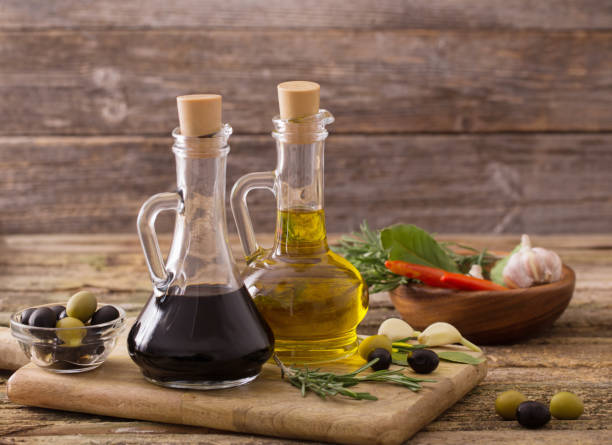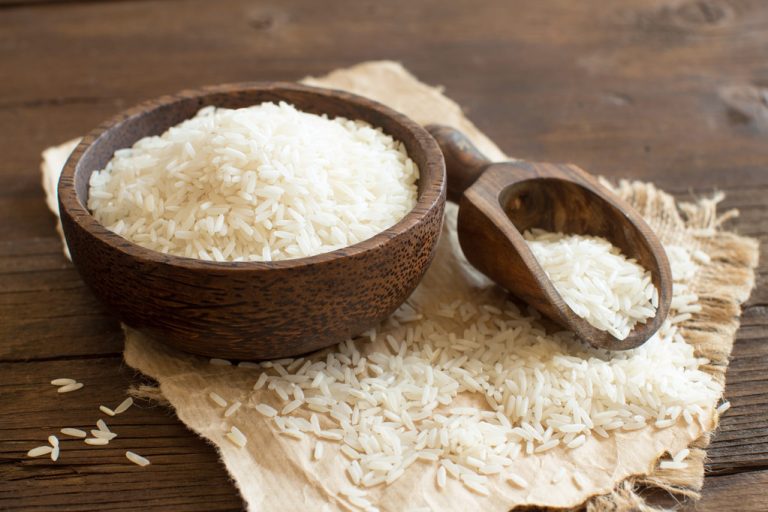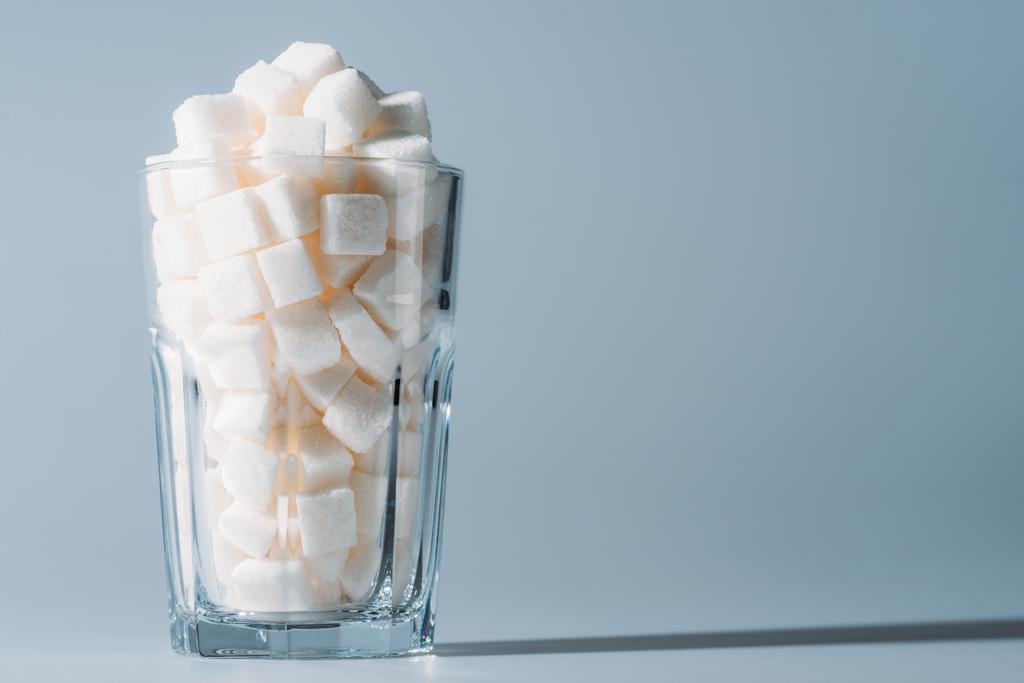With a newly published civil protection concept, the federal government has triggered a discussion about the sense and nonsense of buying hamsters. Everyone has to decide for themselves how useful they think the government’s checklist is. EAT SMARTER has put together a smart shopping list for you, with which you are always well prepared, at least for culinary emergencies.
Who doesn’t know this – it’s 9:30 p.m. on Saturday evening and the supermarket around the corner is closed. Or we are sick, have no strength to get out of bed, but have nothing left to eat in the house. So we order the pizza service. That’s not smart. But a well-stocked pantry can prevent cravings and frustration orders.
With a sensible selection of supplies, we are well prepared for culinary emergencies and can conjure up our favorite dish at any time.
Grain

A certain selection of different dried grain products should not be missing in any pantry. The products do have a best-before date, but according to Stiftung Warentest, this can be exceeded generously. As long as the food tastes impeccable, it is edible. Store grain products in airtight screw-top jars or plastic containers to prevent pests from attacking them.
These grain products belong in the pantry:
- flour
- pasta
- rice
- polenta
- couscous
- millet
- quinoa
- crispbread
- oatmeal
Legumes
Legumes are super healthy because they provide plenty of fiber, protein, and minerals such as iron and potassium. They also provide variety in the kitchen. Dried lentils, chickpeas, and co. can be kept for over a year. Ensure optimal storage conditions by storing the food in an airtight container in a dark, cool, and dry place. If you are in a hurry, you can also buy canned cooked legumes and use them in stews, curries, or sauces.
These legumes belong in the pantry:
- Chickpeas
- lenses
- different types of beans (e.g. kidney beans, white beans, or azuki beans)
Canned goods and jars
Of course, fresh food is always the better choice. Still, it makes sense to stock up on a selection of jars and jars that you can use to cook dishes when you need them. Tomato cans are essential. They often even contain more phytochemicals than fresh tomatoes. But dishes can also be easily spiced up with pesto, olives, and the like.
These preserves and jars should not be missing in the pantry:
- chopped/peeled tomatoes
- Pesto
- olives
- Sun-dried tomatoes
- artichokes
- capers
- Corn
- Peas
- pickled cucumbers
- Beetroot
- tuna
- vegetarian spreads
- nut butter
Nuts and dried fruits
Whole, unshelled nuts and dried fruits can be kept for several months if stored correctly. As with grains and legumes, nuts and dried fruit should be stored in an airtight container in a cool, dry, dark place.
These nuts and dried fruits are perfect for storage:
- unshelled walnuts
- unshelled hazelnuts
- unshelled peanuts
- Apple crisps
- dried apricots, prunes, or dates to taste
- raisins
Spices
Without spices, the food would taste pretty monotonous. We, therefore, recommend that you always have a supply of different spices at home. Dried herbs and spice mixtures have a long shelf life and give even the simplest dishes that certain something.
These spices should not be missing in a well-stocked pantry:
- Salt
- pepper
- dried vegetable broth
- dried herbs such as rosemary, thyme, oregano, basil
- garlic powder
- curry powder
- coriander powder
- nutmeg
- paprika powder
- Cinnamon
6. Vinegar and Oil

Cold-pressed oils can be kept unopened for up to twelve months. Refined oils can even be stored and sealed for a year or two. Sniff the oil to see if it’s still good. It is relatively easy to tell whether oil is rancid by smell. You can also try a small drop of the oil to make sure your nose was right. If it tastes bitter, throw it away and stop eating. Vinegar is sealed, stored in a dark and cool place, and can be stored almost indefinitely.
- rapeseed oil
- olive oil
- sunflower oil
- dark balsamic
- light balsamic
- Apple Cider Vinegar



